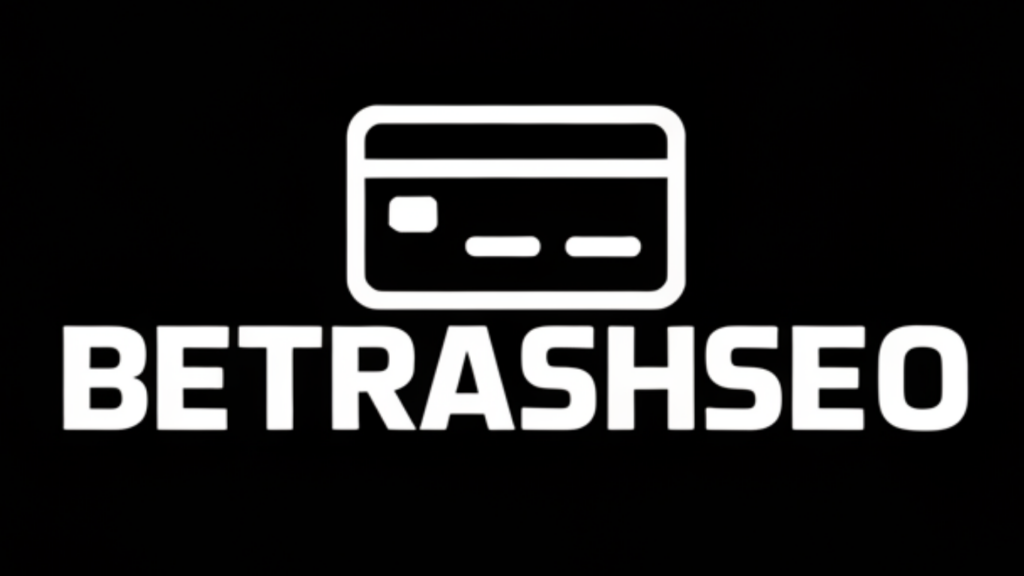Navigating the financial landscape post-retirement can be challenging, especially for those seeking additional funds to support their lifestyle or unforeseen expenses. Among the available options, secured loans for pensioners often emerge as a viable solution. But is opting for a secured loan really worth it for pensioners?
Secured loans involve leveraging assets, such as property, to secure a loan, typically resulting in lower interest rates compared to unsecured alternatives. For pensioners, who might have significant property equity but limited income, this can appear attractive. However, these loans come with their own set of risks and considerations that must be carefully weighed.
In this article, we will explore the advantages and potential drawbacks of secured loans for pensioners. By examining essential factors like interest rates, repayment terms, and the impact on financial security, we aim to equip pensioners with the necessary knowledge to make an informed decision. Is a secured loan the right choice for you? Let’s delve deeper into the topic.
Understanding Secured Loans
Secured loans require the borrower to provide an asset as collateral, often resulting in lower interest rates than unsecured loans. This type of loan can offer financial relief for pensioners who own valuable assets. However, failure to repay can lead to the loss of the collateral, making it a significant risk to consider.
When pensioners use their homes as collateral, they gain access to larger loan amounts. This can be beneficial for those needing substantial funds, whether for home renovations, medical expenses, or other significant costs. However, this approach places their property at risk should they default on payments.
It’s crucial for pensioners to understand the terms and conditions associated with secured loans. A clear comprehension of the contract can help avoid unexpected pitfalls and financial difficulties. Being informed about the obligations involved with secured loans is essential for avoiding the forfeiture of important assets. For more insights on when refinancing a loan can be a good strategy, visit When Can Refinancing a Loan Be a Good Strategy. This resource provides helpful information to guide you in making well-informed decisions regarding your loans and financial planning.
The Advantages of Secured Loans for Pensioners
One major advantage of secured loans is that they typically offer lower interest rates. For pensioners, saving on interest can make a significant difference in managing retirement finances. The access to funds at a cheaper rate facilitates better budgeting and financial planning.
Additionally, secured loans allow access to larger sums compared to unsecured loans. This can be particularly useful for pensioners who need to fund large expenditures. They can utilize their property equity to cover costs such as healthcare or long-term investments without detrimentally impacting their immediate cash flow.
Lastly, secured loans tend to have more lenient eligibility criteria. Since the risk to the lender is mitigated by the collateral, pensioners might find it easier to qualify for these loans despite having a fixed income or past credit issues. This widened access can provide much-needed financial opportunities. For a complete checklist to avoid mistakes when taking out a loan, visit Complete Checklist for Taking Out a Loan Without Mistakes. This resource helps ensure you make well-informed decisions while navigating the loan process.
Potential Drawbacks of Secured Loans
One significant risk of secured loans is the potential loss of the asset used as collateral. For pensioners, this usually means risking their home, which can have dire consequences if they struggle with repayments. It’s essential to consider this risk seriously before committing.
Moreover, secured loans may require longer repayment terms. While this spreads the cost and reduces monthly payments, it can also increase the overall cost of the loan over time. Pensioners must weigh this factor against their financial circumstances and future uncertainties.
Lastly, the pressure of maintaining consistent repayments can be stressful for pensioners. With limited income, any financial hiccup could jeopardize their ability to fulfill the loan agreement. Therefore, assessing their capacity to honor this obligation is paramount to avoid compromising their financial security.
Interest Rates and Other Fees
When considering a secured loan, evaluating the interest rates and associated fees is crucial. Rates can vary significantly depending on the lender and the value of the collateral. Pensioners should shop around to find competitive rates that suit their financial situation.
Below is a table with average rates and fees for secured loans typically available to pensioners:
| Loan Type | Interest Rate | Application Fee | Early Repayment Fee |
|---|---|---|---|
| Home Equity Loan | 3.5% – 6.5% | $300 – $500 | 1% of loan balance |
| Cash-Out Refinance | 4% – 7% | $400 – $600 | Prepayment penalties may apply |
Lenders often charge additional fees, such as application and early repayment fees, which can impact the total cost of the loan. Therefore, pensioners should be thorough in their research when looking into secured loans.
Conclusion
Secured loans can be a viable financial tool for pensioners seeking significant funds at a lower interest rate. By leveraging their property as collateral, they can access cash for crucial expenses. However, the associated risks, such as the potential loss of assets and long-term financial strain, must be carefully considered.
It is vital for pensioners to evaluate their financial stability and repayment capacity thoroughly before committing to a secured loan. Consulting with financial advisors and comparing different loan offers can aid in making an informed decision. Ultimately, the suitability of a secured loan depends on individual circumstances and the balance between risk and reward. You can visit Finder official website to compare loans for pensioners and find the option that best suits your financial needs.

